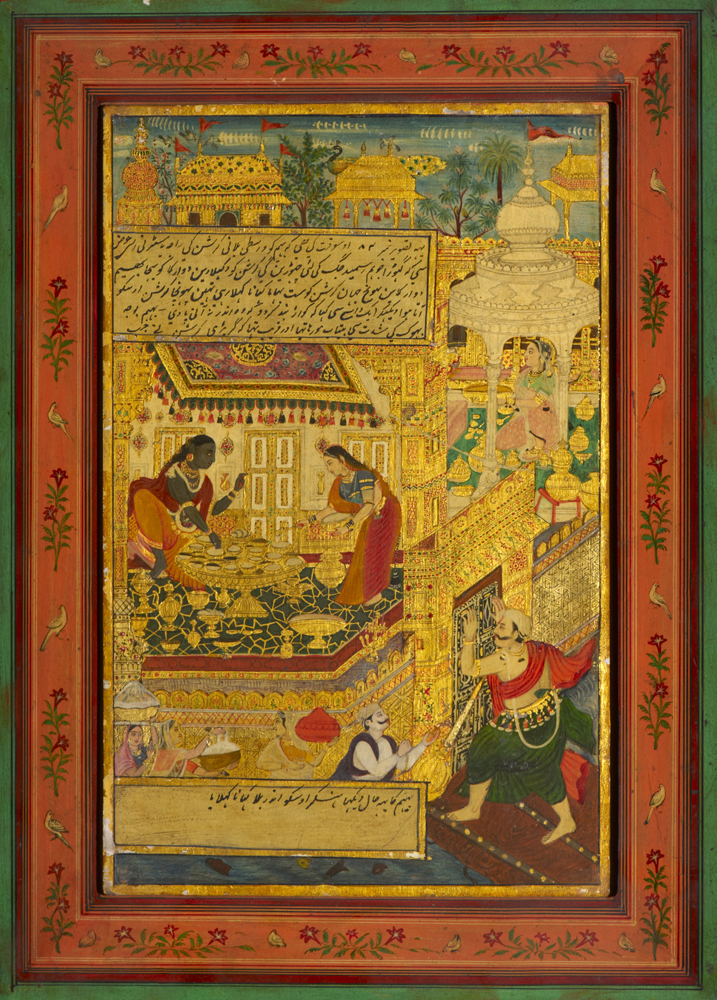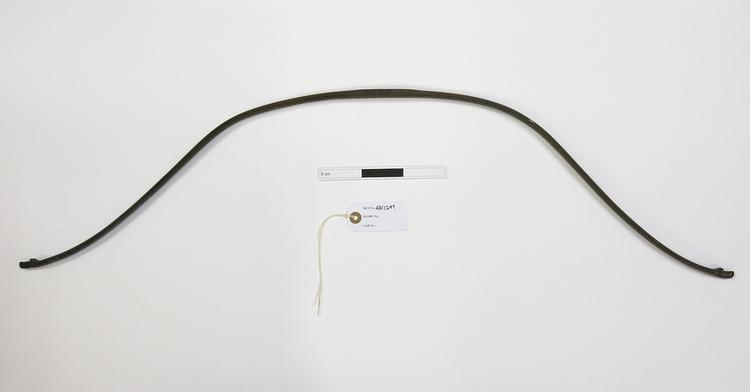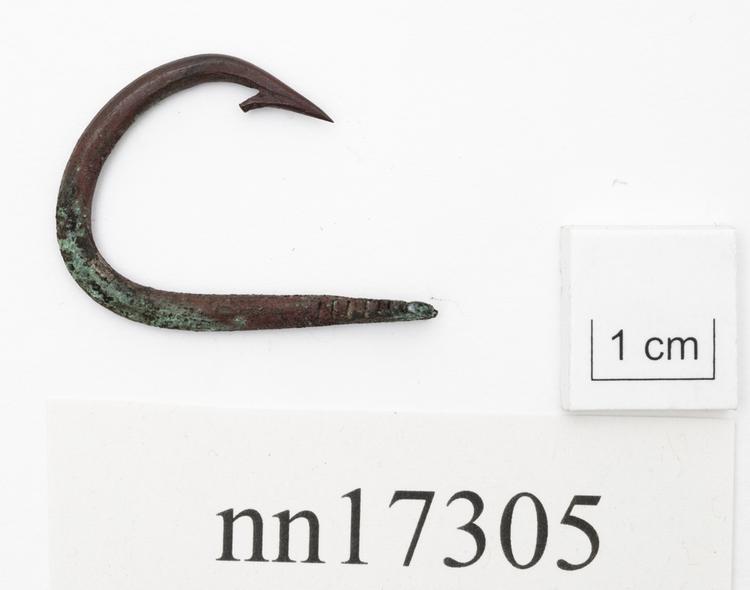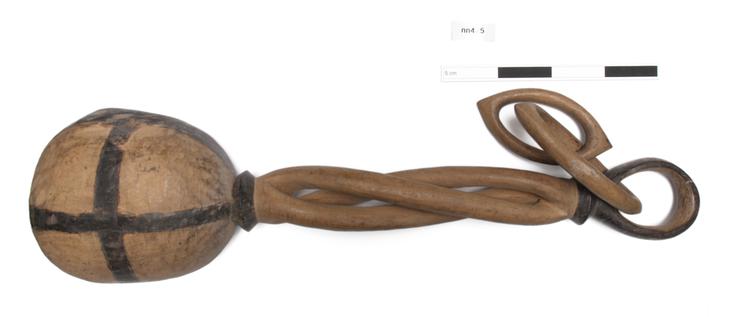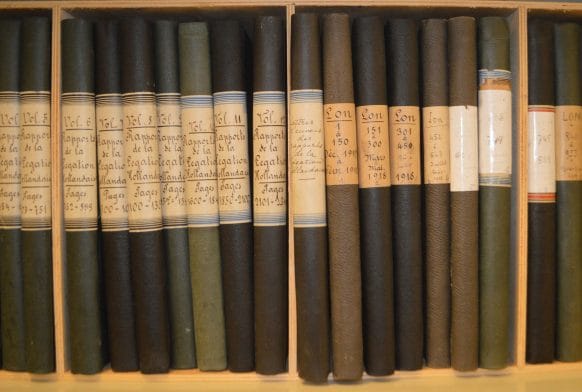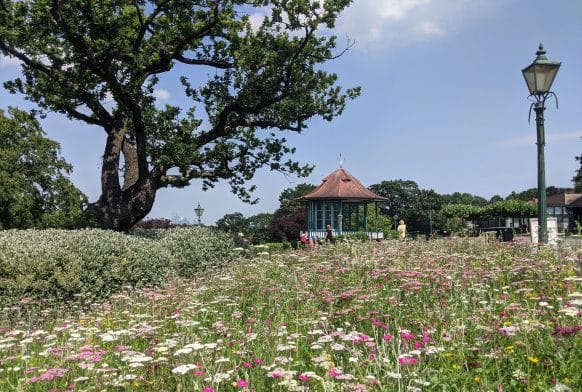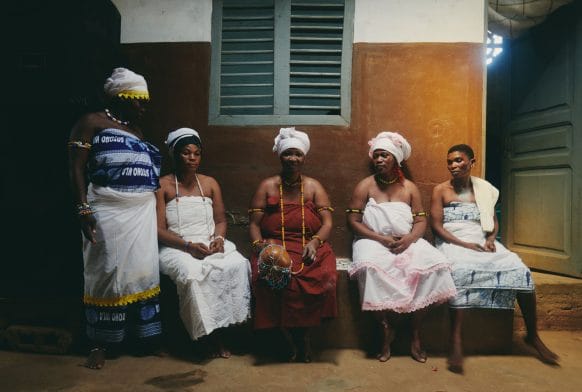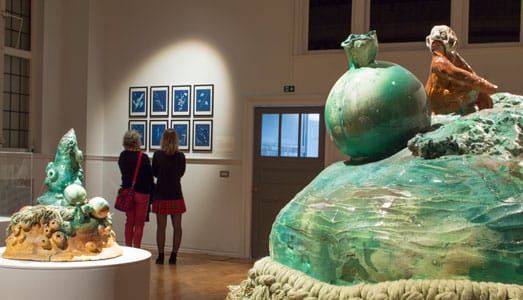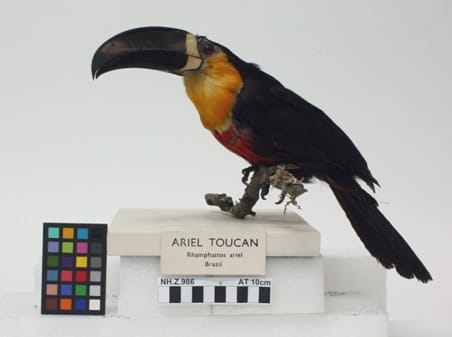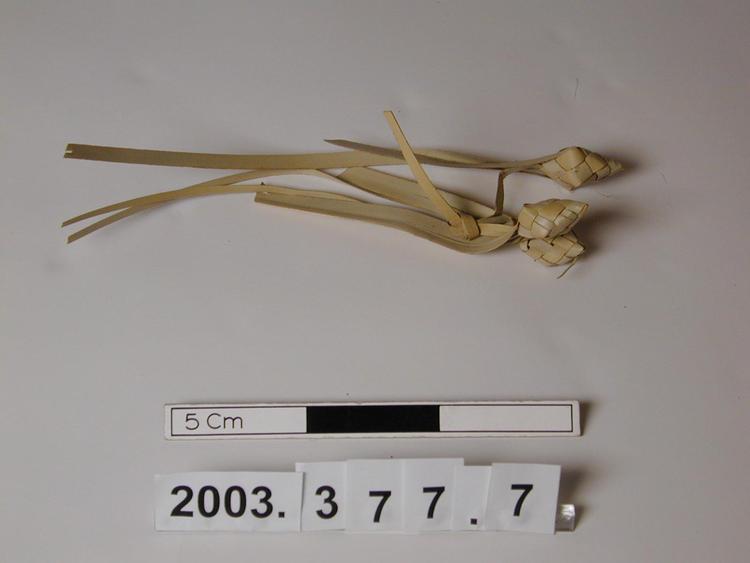
Riwo is the name given to the group of three small offerings tied together. It is not used exclusively at lontar ceremonies. It is used for ceremonies for prevention of sicknesses. Kowa peda is for example filled with such offerings. Kedue are different types of offerings related to ceremonies for the growth of the lontar palm tree, for the flow of the sap, for the safety of the man climbing the tree. Made by three women in Guri Mone Haru. Guri Mone Haru translates as the eight dead men, a reminder of the warfare between Seba and Mesara. The terminology and the cermonies mentioned below relate to the domain of Mesara only. Other domains may or may not have the same terminology. Offerings (kedue) made of plaited lontar palm leaf and used for various ceremonies related to the lontar palm economy, i.e. the growth of the tree, the blossoms, the flow of the sap, the lontar baskets used to carry the sap, and the hearth (rao) for cooking it into a syrup. Savunese translate 'kedue' as 'ketupat' in Bahasa Indonesia, which is a rhombus-shaped packet made of lontar palm leaf filled with rice. In Savu, kedue is a small packet or container made of lontar palm leaf and usually filled with indigenous plants like sorghum (terae) or mung beans (kebiu) [kacang hijau, Bah. Ind.] and sometimes with rice too.



